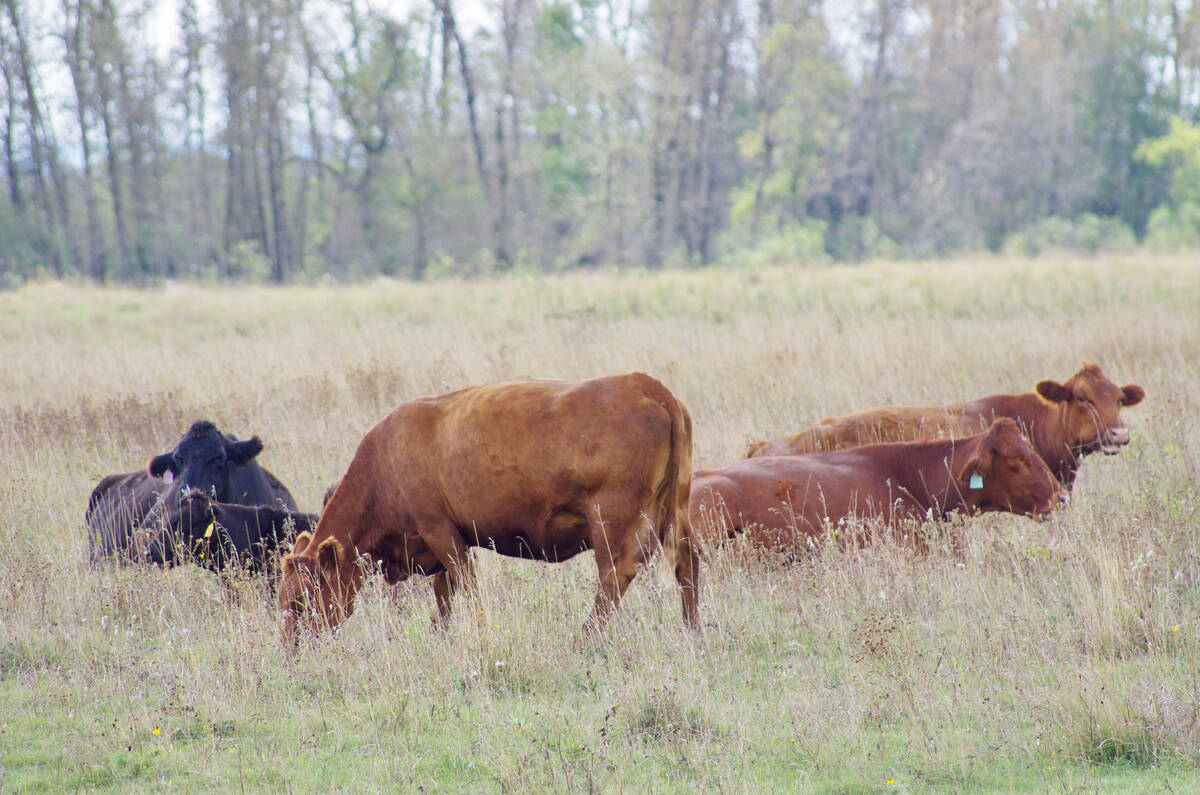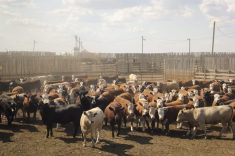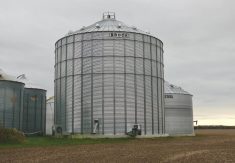Western Canadian feeder cattle prices traded near historical highs this past week despite the chaos in the financial sector and weakness in the fed cattle market. Major operations continued to be aggressive on yearlings, setting a positive tone. The feedlot equity buildup over the past year appears to have increased the risk tolerance and quality cattle saw spurts of strength over average price levels.
Cattle (850-plus lbs.) were generally steady to $4 higher compared to mid-August. Certain auction markets in Alberta and Saskatchewan were reporting 1,000-lb. steers trading in the range of $245 to $250. In southern Alberta, quality larger-frame Simmental/Charolais lower-flesh steers in the range of 800 to 825 lbs. were trading for $275 to $280.
Read Also

Trump signs proclamation increasing Argentine beef imports
U.S. President Donald Trump on Friday signed a proclamation to hike the country’s low-tariff imports of Argentine beef, though economists have said the attempt to lower costs for American consumers will likely have little impact on prices.
Calf values were quite variable, trading $2 lower to $5 higher, with feedlots and backgrounding operators competing for early ownership. The economic situation can be totally different by the second quarter of 2016 and it will take more than a 1,000-point dip in the Dow to make these buyers shy away.
Grassers were extremely strong; pastures have been rejuvenated with recent rains and these cattle may have some cheaper gains in the short term. Smaller packages of mixed steers weighing 500 to 525 lbs. were quoted at $325 to $330 in southern Alberta, with quality heifers selling at a $20 discount on average.
Outside influences had little effect on buyer sentiment. U.S. yearling prices were $10 to $15 lower while calf prices were down $20 to $25 compared to last week. Alberta packers were buying fed cattle from $180 to $182, down $2-$5 from mid-August. Talk in the trade is that packers are well covered for September; therefore, feeding margins are expected to remain under pressure with softer fed cattle prices over the next month. Statistics Canada confirmed barley stocks will be historically tight for the 2015-16 crop year with a crop size of 7.3 million tonnes. Lethbridge barley was trading at $210 per tonne delivered, down from $216 last week.
— Jerry Klassen is manager of the Canadian office for Swiss-based grain trader GAP SA Grains and Produits. He is also president and founder of Resilient Capital, which specializes in proprietary commodity futures trading and commodity market analysis. Jerry owns farmland in Manitoba and Saskatchewan but grew up on a mixed farm/feedlot operation in southern Alberta, which keeps him close to the grassroots level of grain and cattle production. Jerry is a graduate of the University of Alberta. He can be reached at 204-504-8339.
















